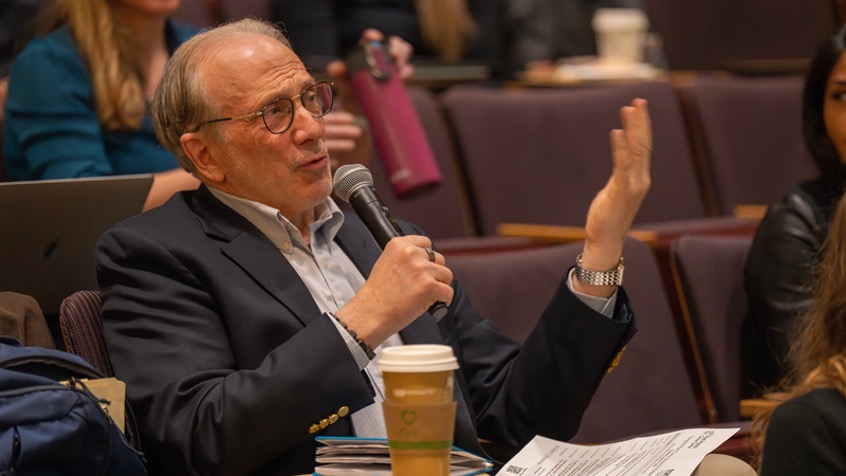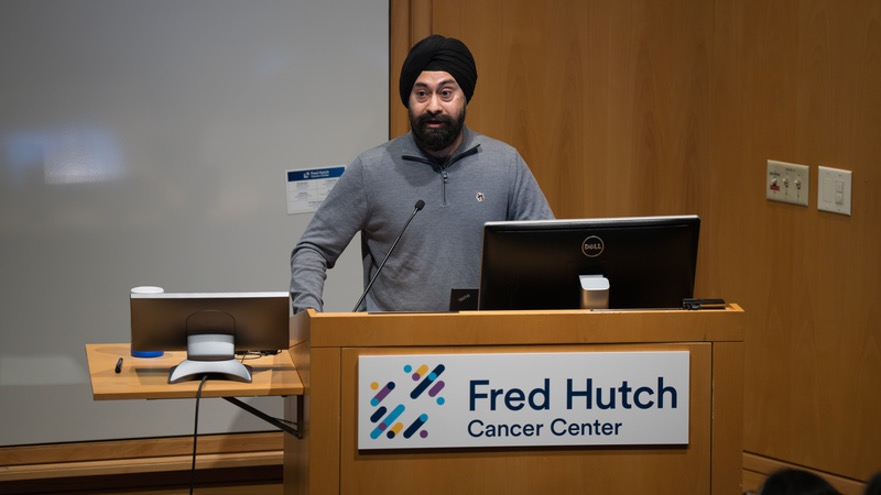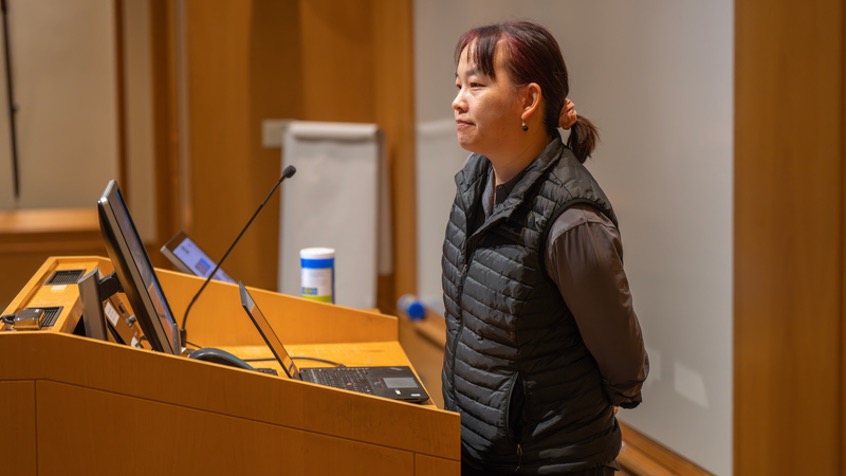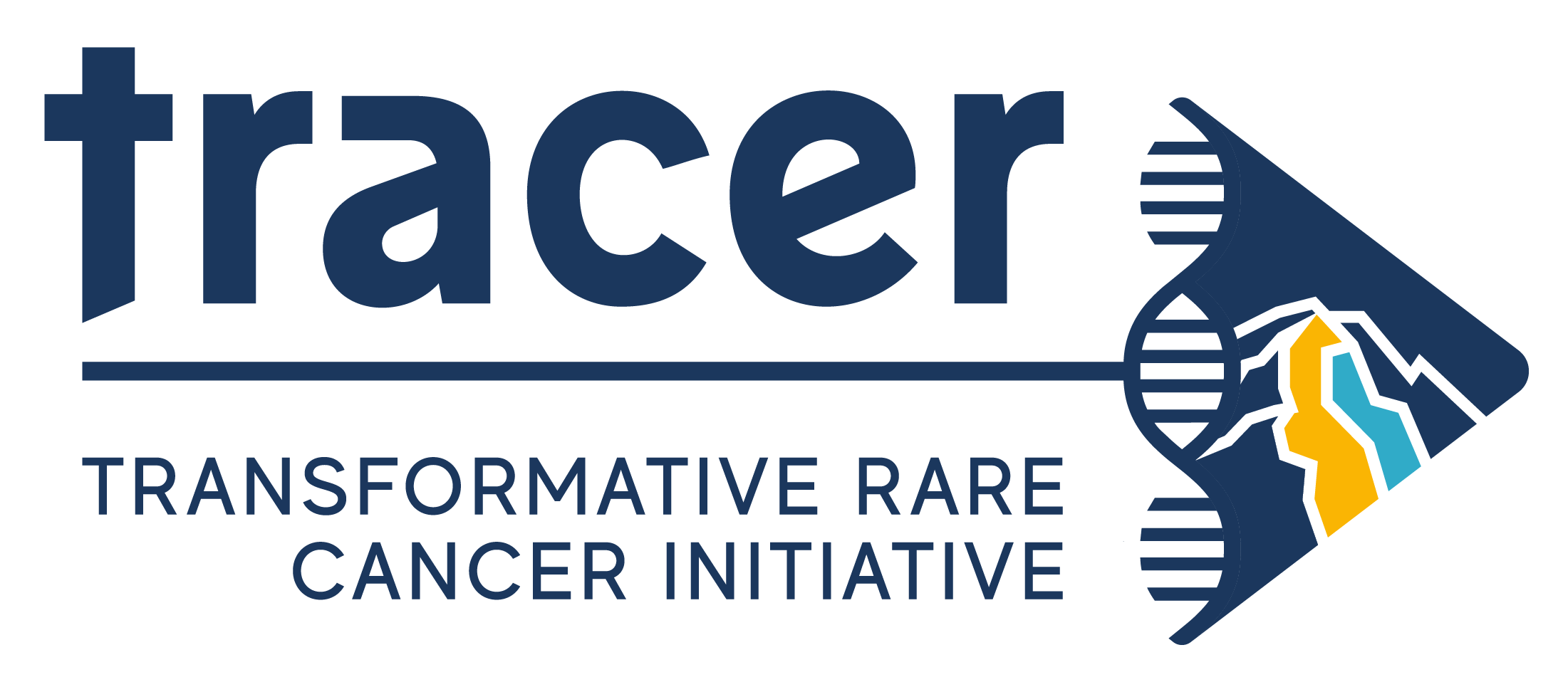March 28, 2024. The inaugural Rare Cancer Research Symposium, held on March 27th, immediately following the launch of the TRACER initiative, was met with resounding success. The symposium featured ten distinguished speakers and spotlighted eight rare cancers, including rare forms of liver, brain, and gastrointestinal cancers. The event successfully brought together a diverse group of research and clinical experts, all united by the goal of raising awareness and fostering collaboration to tackle the unique challenges of rare cancers.

Historically, patients with rare cancers have turned to the internet to form communities and foundations aimed at catalyzing research efforts. In today’s digital age, community engagement remains a cornerstone of advancing high-quality research that addresses the specific difficulties associated with studying and living with rare cancers. Dr. Taran Gujral, Director of the TRACER initiative, emphasized the critical role of collaboration among experts and patients in propelling forward the momentum within the rare cancer community.
The symposium featured a dynamic round-table discussion led by John Hopper, TRACER advisor and co-chairman of the Rare Cancer Coalition. The discussion allowed participants and presenters to exchange thoughts and reflections on the event’s presentations and the broader challenges in rare cancer research. The event concluded with impactful remarks that resonated with all attendees.
Feedback from the event was overwhelmingly positive, with participants unanimously reporting a significant enhancement in their understanding of rare cancers. Most attendees expressed intentions to pursue collaborations sparked during the symposium, highlighting the event’s success in not only raising awareness but also in knitting a tighter community of researchers, clinicians, and patients.

An anonymous participant captured the spirit of the symposium by remarking, “We have the potential to be much stronger together.” This sentiment is at the core of TRACER’s mission—to foster a collaboration-focused approach to rare cancer research.
The TRACER team is vigorously planning the next symposium. Future plans include increasing patient involvement to integrate unique insights into the challenges of living with rare cancer and addressing unmet medical needs. Dr. Gujral is committed to enhancing collaboration through patient advocacy and by featuring patient presenters in upcoming events.

As the TRACER team discusses strategies to boost funding and research opportunities, such as assessing rare tumor specimens, the rare cancer community can anticipate even more successful outcomes in future symposia.

